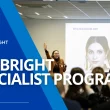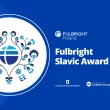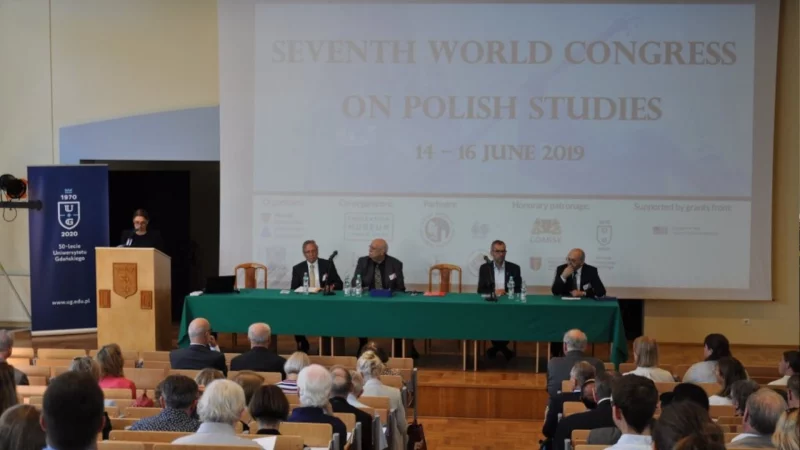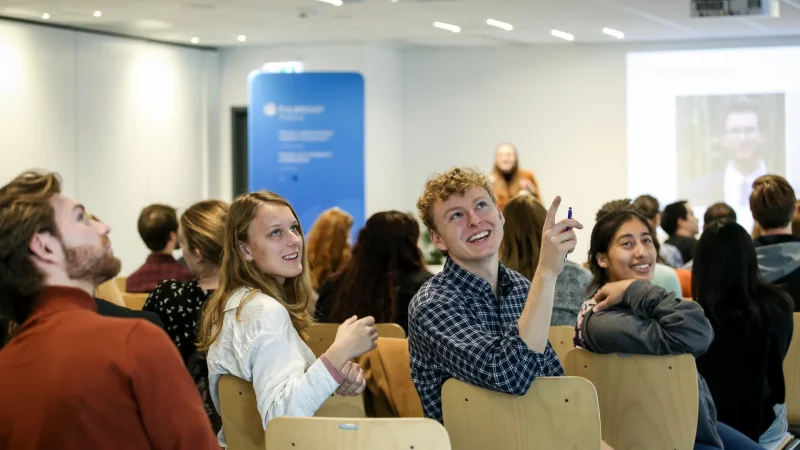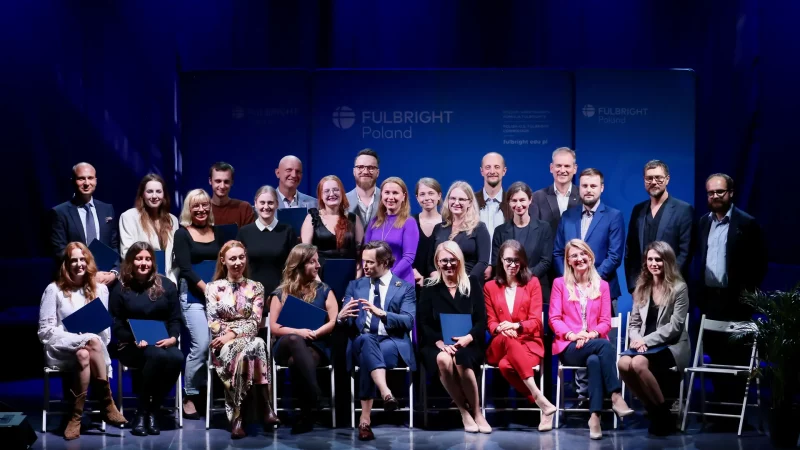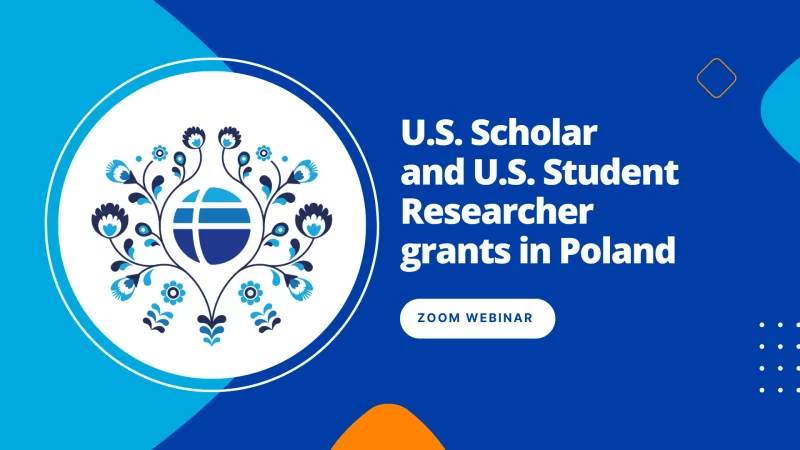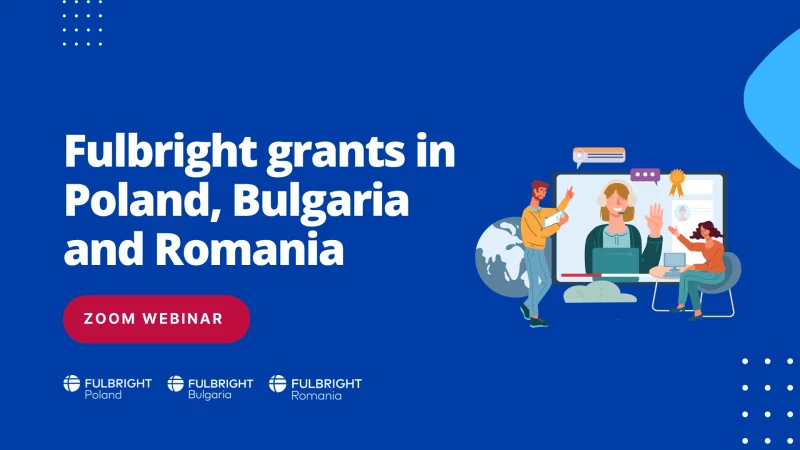Sixty years of the Fulbright Program’s existence in Poland is an opportunity to reflect on its role – internationally, in the U.S., for the U.S., but also in and for Poland, and for our academic community. In the fast-changing world, it is also necessary to look forward, and discuss the future of academic exchanges such as this one. The roundtable fully dedicated to the Fulbright Program in Poland was a part of the Seventh World Congress on Polish Studies, which was held at the University of Gdańsk (June 14-16, 2019) and brought together over 250 participants and presenters.
The roundtable comprised the following speakers:
- Prof. Anna Mazurkiewicz (University of Gdańsk, Fulbright Alumna, Fulbright Program Ambassador to Gdańsk)
- Dr. Krzysztof Cichocki (Polish Academy of Sciences, Fulbright Alumnus)
- Stephanie Caridad (2018-19 Fulbright English Teaching Assistant at the University of Gdańsk)
- Prof. Helen Rosenberg (University of Wisconsin-Parkside)
The panel was moderated by Justyna Janiszewska, Executive Director of the Polish-U.S. Fulbright Commission.
In her introductory remarks, the Executive Director of the Commission highlighted the bilateral aspect of the Program. She discussed how the Program has been anchored in Poland through the support of an agreement between Poland and the United States. She also pointed out the role of Polish and American governments in executing and financing the Program. Because of this support, in the past years, we have been able to increase the number of grantees by 25%. Having been the first country in Eastern and Central Europe to participate in the Fulbright Program, we also remain its largest, and one of the most vigorous ones in the region.
Anna Mazurkiewicz brought an important context into the discussion by presenting the personal story of young J. William Fulbright that most people are not familiar with. The future Senator gave up on his dreams to pursue his studies when his father had passed away. Only after several years of working, he decided to apply for the Rhodes scholarship, which allowed one person from each U.S. State to enroll at an acclaimed British university. Having been born in Arkansas, he did not have a serious local competition. Soon after he had received his scholarship, Fulbright started his studies at the University of Oxford. Prior to this new experience, Fulbright himself described his life as one of an “ignorant” who had read what had been required of him at school, and not much more. His stay in Great Britain opened his eyes to a different and diverse culture. He started to read ferociously in order to broaden his horizons. During his studies on the islands, he also fully utilized the closeness of the European continent – he did a part of his studies in Vienna, and travelled intensely i.e. to the Balkans. These experiences did not only result in an acceleration of his professional and political career upon his return to the United States, but also became an almost ready-made ground for the Fulbright Program that he proposed several years later.
Krzysztof Cichocki shared his thoughts on how the Fulbright Program and other American exchange programs impacted the education and the development of Polish economists. He pointed out how they became the leaders of economic reforms and played a major role in the transition period in Poland in the 1990s by showing the change in macro-economic indicators. He also highlighted that every time he had started his exchange programs in the U.S., he received enormous support from local academic environment, and that he was impressed with the high standards they represented.
For a few years now, Prof. Helen Rosenberg has been bringing her students to Poland. She said: “I haven’t chosen Poland, Poland found me.” She was offered to run the first group of students coming to Poland from her university and fell in love with Gdansk. Coming from a Holocaust Survivors family, she is re-discovering this region for herself and her students. Through a short video of one of her students reflecting on his experiences during the study abroad time in Poland, Helen showed us the power of international cooperation that also takes the form of short-term exchanges.
Stephanie Caridad, this year’s Fulbright grantee at the University of Gdansk where she teaches English, gave us chills while telling us her family story. After the Second World War, her Polish grandparents settled in Argentina. Her grandfather never had a chance to visit his beloved homeland again. He passed away 10 years ago and his ashes, according to his will, were buried in Poland, in Warsaw. In search for a better life, Stephanie’s parents moved to California. Being a member of such multi-cultural Argentinian-Polish-American family, Stephanie discovers and explores the Polish side of her heritage during her stay in Poland. When she was telling us her story, her mom was about to come to Poland, and for the first time visit her father’s and Stephanie’s grandfather’s grave.
Krzysztof Cichocki explained that what he learned as a grantee in the U.S. and while working with American institutions is the importance of planning and reporting on a regular basis – a valuable skill, which in the long run brings visible and quantifiable results. By now, everything he learned in the 80s and 90s in the United States is considered a norm. On the other hand, Stephanie Caridad’s competencies have developed in the somewhat opposite direction: she mastered the ability to improvise, adjust quickly to changing environments, and accept new didactic challenges.
Anna Mazurkiewicz’s words serve as a good conclusion to this roundtable discussion focused on sharing professional and personal experiences: “Fulbright is so much more than money – it’s a community of like-minded people from all around the world. When I was starting my grant I realized that this is not an elitist club I had in mind, but a group of friends who care about the world.”
The Congress was organized by the Polish Institute of Arts and Sciences of America and the University of Gdańsk. More information about the event and the full program are available here: piasa.org/annual-meetings.html.
piasa.org/annual-meetings.html.




